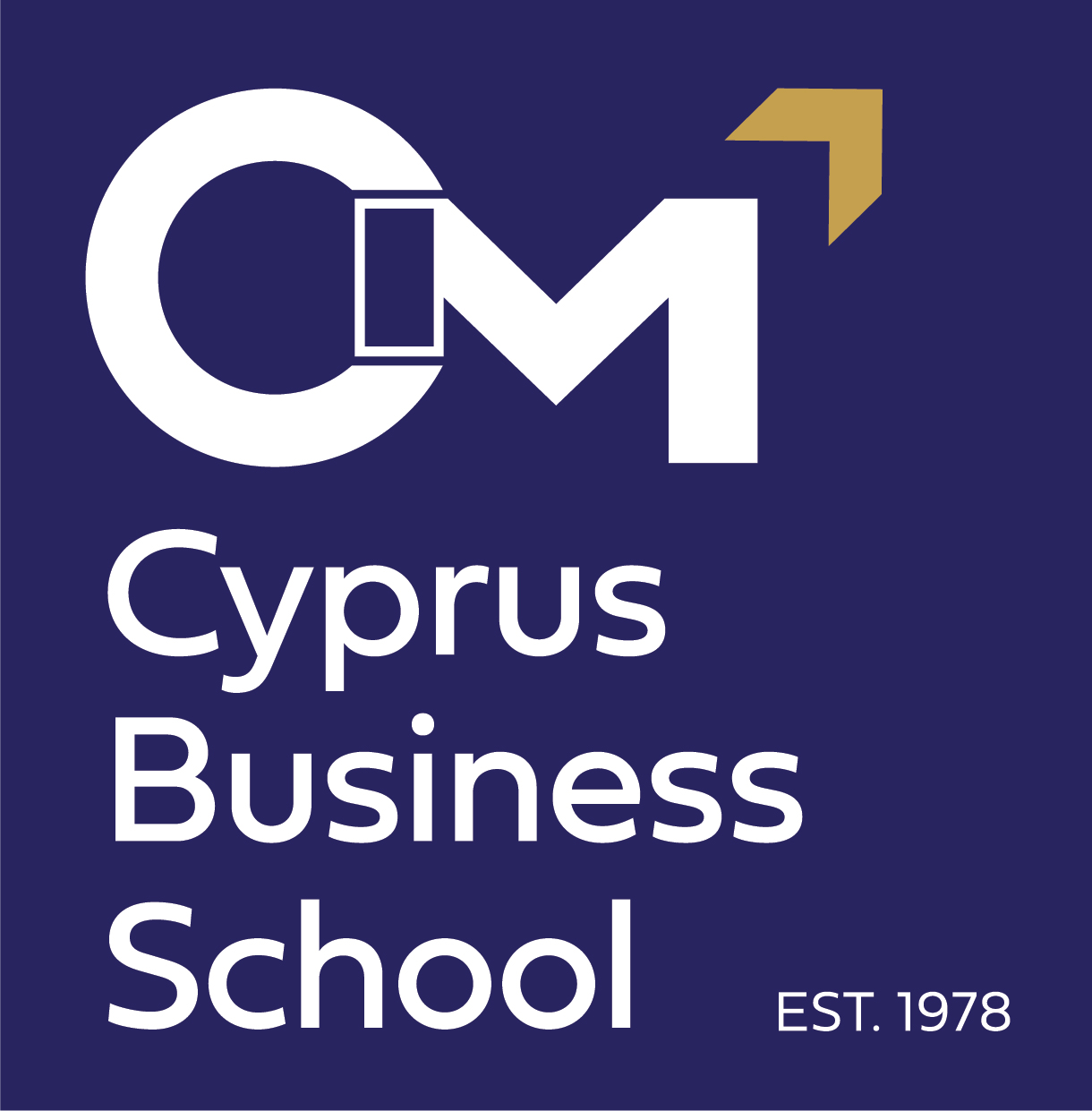Overview
Subjects
Course Objectives
In today’s dynamic business environment, managers all over the world are constantly being challenged to make the right decisions in as fast and efficient way as possible. It is becoming increasingly obvious that acting according to the outdated ‘rule of thumb’ is inadequate in achieving the desired results for business people today. Moreover, today’s managers are preoccupied with immediate results and their own compensation and advancement; they therefore fail to devise or propose unique corporate strategies specifically tailored to the political, social and economic developments in what is an increasingly changing business environment.
Undergraduate courses at the CIM have been designed specifically to satisfy the needs of businessmen and professionals who did not have a formal education after leaving secondary school. These programmes embrace those aspects of management and business policy which are an essential part of today’s business and financial scene, and which are exactly the proper function of the marketing–oriented members of a company.
We try to offer students a unique combination of opportunities: to catch up on the latest management techniques and tools; to master the rigorous disciplines of problem analysis and solutions; to learn from the successes and failures of others, both through case studies and the first hand experiences of lecturers and fellow students, so as to develop plans for profit improvement.
Testimonials
“Having studied in a completely different level, choosing the field of marketing was a challenge. CIM helped me to enrich a difficult but very interesting path and I am very grateful for the opportunity to be a part of the CIM family.”
Angella Timotheou DMMLawyer 
Year 1
1. Marketing Management
This course provides students with a good knowledge and a sound grasp of the basic concepts of marketing and their application in real life. Marketing Management is designed to serve as an introduction to the theory and practice of marketing. Students will improve their ability to develop effective marketing strategies and assess market opportunities, as well as design strategy implementation programs.
2. Economics
This module helps students to develop an understanding and awareness of the environment in which a business operates, particularly from the economic perspective. Students will also develop a range of skills to diagnose and solve problems. Additional this course will provide an overview of how economic factors affect an organization internally and externally.
3. Business Organization
This course ensures that, in the first year, students have a sufficient knowledge of company administration to think of marketing as a cross-functional operation, a matter of company-wide involvement, rather than merely requiring expertise in specific marketing techniques. A knowledge of the functional parts of business administration in this course is to be treated as a fore-runner to the acquisition of skills in managerial application.
4. Statistics
This course sets a minimum standard for the acquisition of skills in recognizing and expressing data in numerical terms for the solution of marketing problems. Experience has shown that, since much business information and market intelligence takes a numerical form, only a few problems can be dealt with effectively without an adequate understanding of statistics and statistical method.
5. Commercial Law
This course enables students to recognize when legal aspects are involved in their work and to know how to communicate, with and utilize the services of legal advisers. Specialist ability is not sought but main attention should be paid to the sections of contracts, trade practices, sales of goods and agency.
6. Business English
The course aims at developing the student’s communicative skills, fluency and critical thought. It entails reading and listening comprehension practice tests, exploring texts and motivating students to take part in conversations and discussions of various lengths and levels.
Share to:



